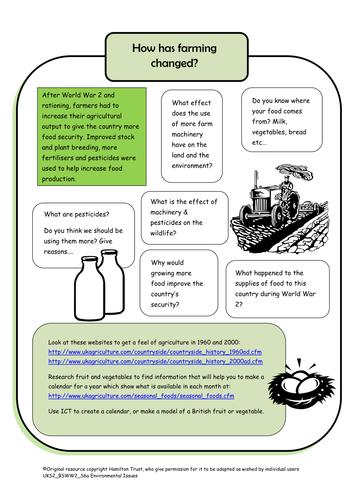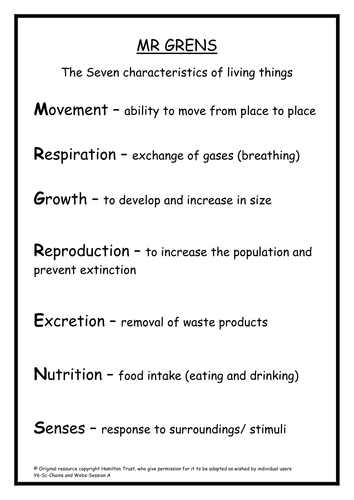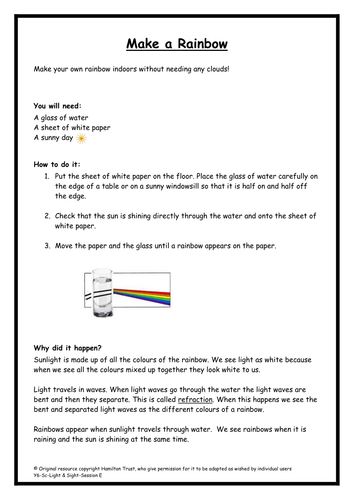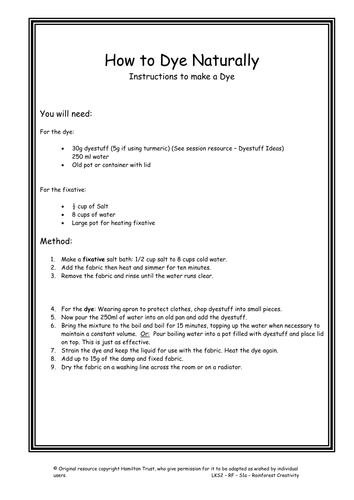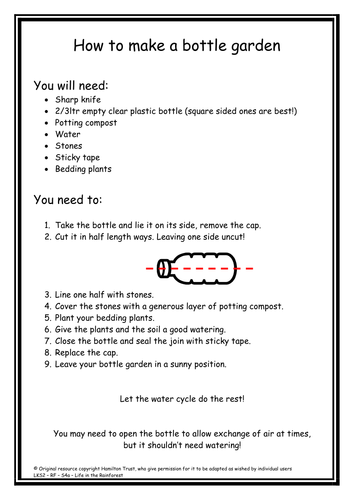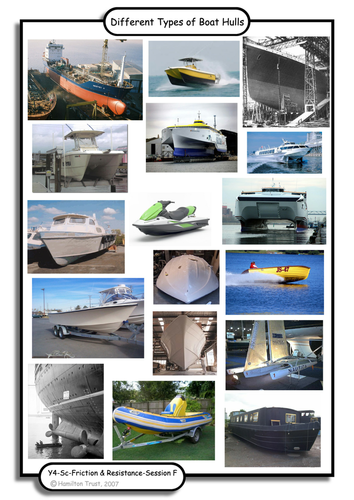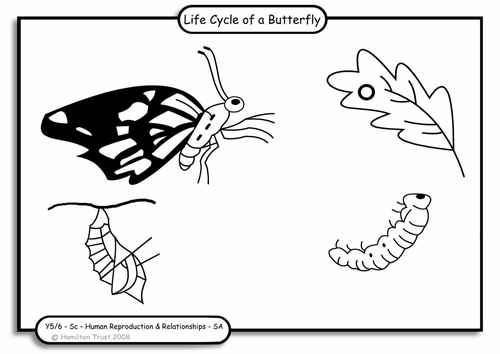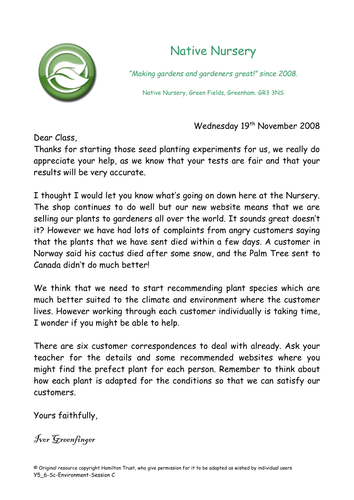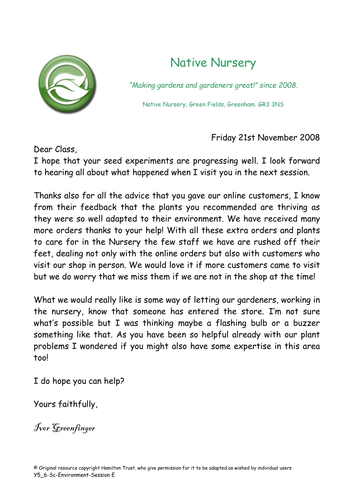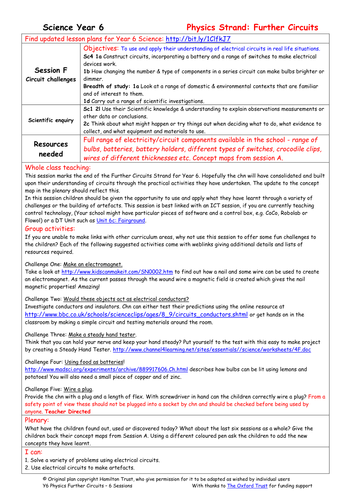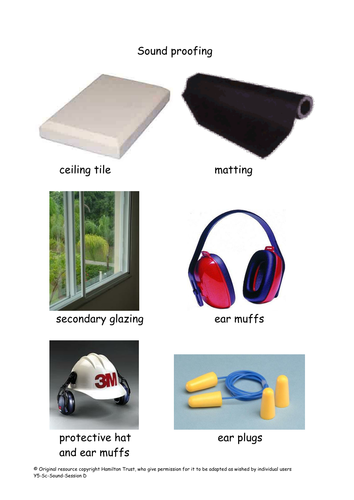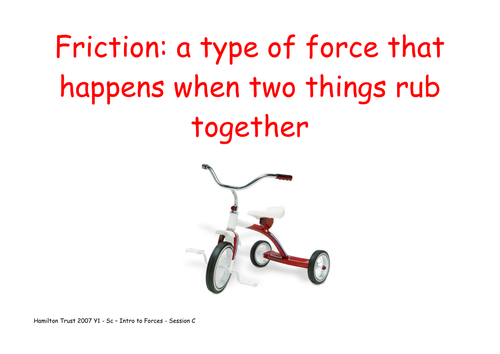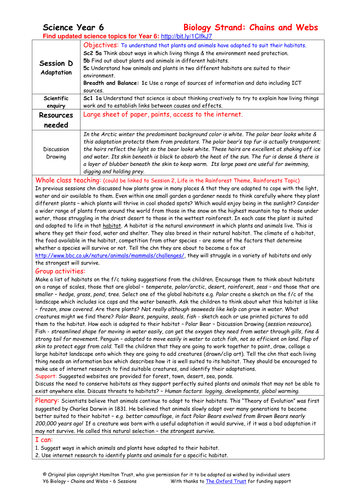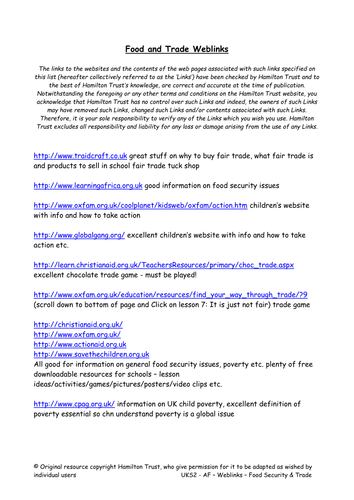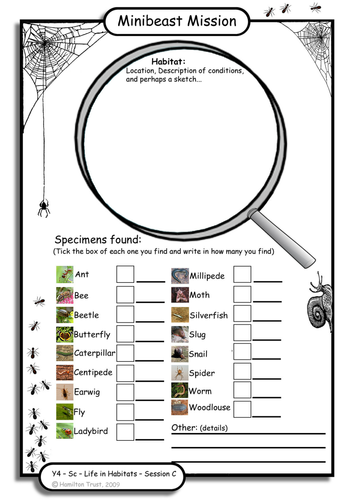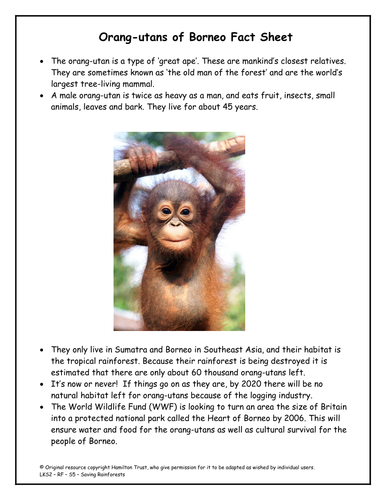
397Uploads
10023k+Views
11631k+Downloads
Primary science

How Has Farming Changed?
After WW2 and rationing farmers had to increase production. Children discuss where food comes from, and their views on the use of heavy farm machinery and pesticides. Children make a model of a fruit/vegetable or create an ICT presentation showing seasonal availability.

Circuit revision
In this the first of six sessions the children get some hands on experience and revision of what they already know through a circus of circuit activities.
Can they complete and repair circuits? What dangers does electricity pose?
Suitable for Y6 pupils.

Plant doctors
The Plant Drs are on call in this session & two very ill patients have arrived! What do they need to recover? Children revise the ideal conditions for plant growth é use them to watch the plants recover using time lapse photography. Suitable for Y6 pupils.

Chromatography case
A distressing message has been left in the classroom; someone thinks that Year 6 need less playtime and more homework!
The children spring into action using chromatography to identify the pen used and its owner!
Suitable for Year 6 pupils.

'Insight into Sight'
It’s time to prepare exhibits for a Science Fair called ‘Insight into Sight’ which brings together many of the concepts introduced in this block. In this session children create artefacts and prepare their explanations.
Suitable for Y6 pupils.

Natural Colours, Natural Dyes
The book Deep in a Rainforest shows that the rainforest really is as bright as a rainbow. Children get access to a variety of natural materials and prepare them to create natural dyes. They record the process and dye small pieces of fabric.

Water Cycle in Miniature
On Earth we still have the same drops of water that touched the lips of the dinosaurs! In this session children use all that they have learnt in the previous session to create a self contained bottle garden.
Suitable for years 3 and 4.

Explore forces using toy cars
Understand that forces are pushes and pulls and make things speed up and slow down. Understand what makes a test fair and how to measure accurately. As a class and using toy vehicles investigate what happens if you change the height of a ramp.

Boat investigation
In this session children investigate how the shape and surface area of a boat can affect how easily it can move through the water. Children test a variety of designs before creating bar charts to show their results. Suitable for Y4 pupils.

Life cycles
Session 1 - Set up ground rules for this Strand. Revise knowledge of life cycles of butterflies and frogs which both involve metamorphosis and flowering plants. Discuss reasons for reproduction and consider animals facing extinction. Start reading Flour Babies.
Session 2 - Using the riddle of the Sphinx as a starting point, look in detail at the human life cycle and compare the stages with those of other animals. Look at the range of different gestation periods and life spans; draw graphs and look for patterns. Begin research.
Suitable for Y6 pupils.

Plants in the environment
The customers from around the world have come flooding onto the Native Nursery online shop wanting advice about which plants to buy for their climate. Children research each climate zone and make suggestions well suited to the conditions.
Suitable for Y5/6 pupils.

Design Ideas
Yet again the children are called upon to help out Native Nursery, this time to make the shop more secure. The children use their knowledge of electrical circuits and conductors to create and modify pressure activated switches.
Suitable for Y5/6 pupils.

Circuit challenges
In this session children apply their knowledge and understanding of circuits in other subject areas or through a variety of practical challenges. Iron nails, lemons and the steadiest of hands are needed in this session!
Suitable for Y6 pupils.

Investigate soundproofing
Discuss why sometimes it is important to prevent sounds travelling. Plan and carry out an investigation to find out which materials would be best to muffle sounds. A datalogger could be used with this investigation.
Suitable for Y5 pupils.

Friction
Introduce simple definition of ‘friction’. Look carefully at a bicycle or tricycle to identify the forces in action. Discuss forces in other vehicles. A range of activities about forces mainly to do with vehicles. Suitable for Year 1 pupils.

Adaptation
Did you know that Polar Bears don’t actually have white fur? But what they do have are many other adaptations that make them well suited to the Polar habitat. Children identify how other creatures have adapted to their habitat. Suitable for Y6 pupils.

Thermal insulators & conductors
The properties of materials relate to their use as everyday objects such as spoons. Children test the insulating properties of various stirrers & discuss everyday uses of materials for thermal insulation or conduction. Look at diff meanings of word conductor. Suitable for Y4 pupils.

Food Crops and Fufu
Children are introduced to the idea that there are some staple foods which exist in all cultures. These are usually carbohydrates, and in many African countries they consist of foods made from Maize or corn. Children make fufu.

Field trip!
Organise a field trip in the school grounds, in the local environment or further afield. Children observe and/or collect minibeasts and record them and any evidence (including plants) to indicate why the habitat is suitable for those organisms.
Suitable for Year 4 pupils.

Endangered orang-utans (1)
Using the internet and fact sheets children find out more about the Orang-utans and why they have become endangered. What is being done to protect them and their habitats? What else can be done?

